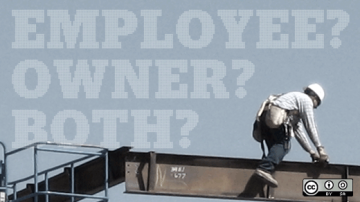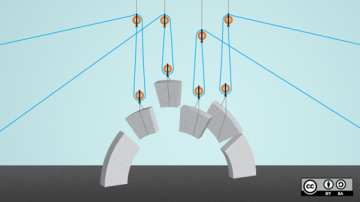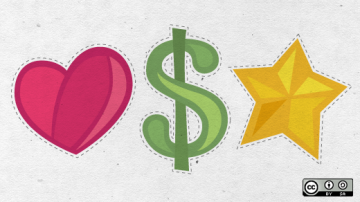
I'm the founder of Gratipay, an open organization with a mission to cultivate an economy of gratitude, generosity, and love. We help companies and others pay for open source—and we're funded on our own platform. Offline, I live outside Pittsburgh, PA, USA, and online, I live on Slack, IRC, and GitHub.






Authored Comments
Thanks, Shane! See you over there! :-)
This is an interesting topic and worthy of consideration (in Gratipay we're thinking about this in https://github.com/gratipay/inside.gratipay.com/issues/692; I've taken the liberty of cc'ing you there).
Now, the point of trademark law as I understand it is consumer protection. But enforcing trademark law is expensive and difficult, requiring constant vigilance, and neglecting to act to protect a trademark means giving it up (yes?).
But why is trademark law still relevant in the age of Twitter, when consumers can be informed of brand confusions swiftly and directly? Aren't social media and email cheaper and faster ways of protecting consumers than legal actions?